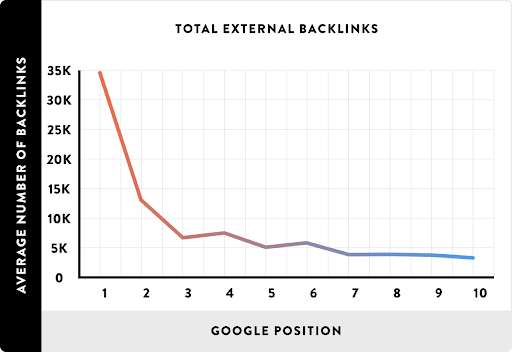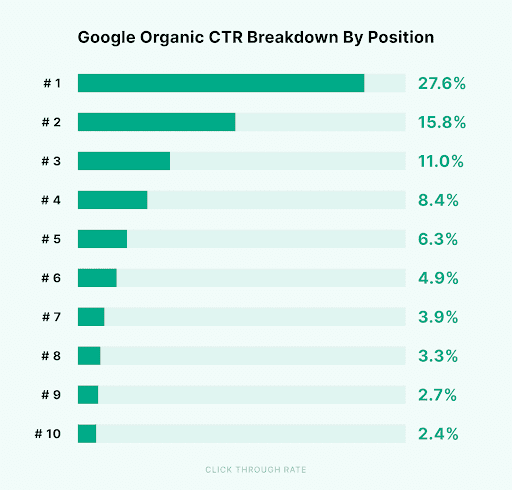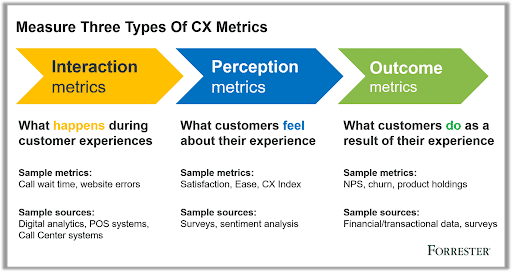Date Published:
Author: Ikhlas Patel
SEO stands for Search Engine Optimization. It is the process of enhancing your website’s visibility on search engines like Google and Bing, helping users find the products, services, or information you offer. While Google is not the only search engine available, it dominates the market with 90.68% of the search engine market share. Once you're satisfied with your ranking on Google, you can expand your SEO efforts to other platforms like Bing, Yahoo, Naver, and DuckDuckGo. The more optimized your site is for SEO, the more visibility you’ll gain in search results, leading to increased online traffic. SEO involves keyword optimization, content creation, link building, and improving website structure to make it more search-engine friendly.
Key Takeaway: SEO (Search Engine Optimization) increases your website's visibility on search engines, helping you attract more organic traffic from users searching for relevant products, services, or topics.
SEO works by optimizing a website’s content, conducting keyword research, and improving the site’s structure to increase its ranking, visibility, and click-through rate (CTR). Here's a breakdown of the key components:
Rankings: Rankings determine where a web page appears on the Search Engine Results Page (SERP). Websites can rank anywhere from position zero to the last spot on the results page. Rankings fluctuate due to changes in competition, age of the content, and updates to search engine algorithms. Optimizing your site with relevant keywords helps improve its ranking on Google.
Visibility: Visibility refers to how easily users can find your website in search results. The more keywords you target and rank for, the more web traffic you will attract. SEO tools often use an "SEO visibility score," expressed as a percentage, which estimates the click-through rates and rankings of your site based on tracked keywords.
Backlinks: Backlinks are links from high-ranking websites that point to your site. These links increase the credibility and trustworthiness of your website. A study by Backlinko showed that backlinks remain one of Google’s top ranking factors. In addition to improving your ranking, backlinks drive traffic to your site from external sources, expanding your audience.

Key Takeaway: SEO improves your website’s ranking and visibility by optimizing content with targeted keywords and building high-quality backlinks. Higher rankings and strong backlinks not only boost traffic but also enhance brand visibility and credibility.
One of SEO's primary goals is to increase web traffic. For instance, if someone searches for “best hair salon in LA,” they are more likely to click on one of the top five results than to scroll to the fifth page. Websites that rank higher get the most clicks, increasing their click-through rates (CTR). Optimizing your title tags and meta descriptions also helps improve CTR. A study by AWR on organic CTR found that the first result on Google captures 28.5% of all clicks, while the second position receives 15.7%, and the third gets 11%. Lower rankings see a significant drop in CTR, making top positions critical for traffic growth.

Key Takeaway: Higher rankings on SERPs generate the most web traffic, with the top result capturing 28.5% of clicks. Optimizing title tags and meta descriptions boosts CTR, helping you attract more visitors and outperform competitors.
Customers tend to trust the top results they see in search engines. According to a Nielsen study, 70% of consumers trust online reviews from strangers, and 84% trust recommendations from friends or family. Higher-ranked search results are often perceived as more reliable due to the endorsement of search engines like Google. Google’s algorithm updates ensure that top-ranking websites deliver relevant, trustworthy content to users, further reinforcing customer trust.
Key Takeaway: Higher-ranked companies are viewed as more reputable because of increased visibility and trust from search engines. As a result, strong SEO builds brand authority and fosters consumer trust.
SEO enhances website usability by improving structure, navigation, and loading speed. Faster page load times reduce bounce rates and encourage visitors to spend more time on your site. Tools like Google Search Console and Google Analytics offer valuable insights into user behavior, helping businesses identify areas for improvement to enhance the customer experience. Higher-ranking websites generally provide better user experiences, which can increase customer loyalty and trust.

Key Takeaway: SEO improves the customer experience by optimizing website structure, navigation, and speed, reducing bounce rates and encouraging longer visits. SEO tools provide insights that help businesses make informed decisions to further improve customer satisfaction.
SEO allows you to track and measure performance through several key metrics:
Key Takeaway: SEO metrics like organic traffic, keyword rankings, CTR, and time spent on-site provide valuable insights into your website’s performance, helping you fine-tune your strategy and improve results.
SEO is a cost-effective strategy for driving high-quality leads. Approximately 93% of online sessions begin with a search engine, and 71% of B2B customers start their research through search engines. By optimizing your site for specific keywords, you can attract relevant traffic without relying on paid advertising. Unlike paid ads, which stop delivering results once you stop paying, SEO continues to build your site’s authority and visibility over time, making it a long-term investment.
Key Takeaway: SEO is a cost-effective strategy that provides long-term success. Unlike paid advertising, which delivers results only as long as you pay, SEO continues to drive traffic and build authority over time.
SEO is crucial for improving your website's visibility, driving organic traffic, and increasing brand authority. By focusing on these five key SEO strategies—driving web traffic, building brand authority, improving customer experience, providing measurable results, and offering cost-effective marketing—you can see a significant increase in visitors and, ultimately, business growth.
Key SEO Benefits:
With the right SEO strategies, your website can move from lower search pages to the top 10 results, bringing more business your way.

help@invisionmarketing.io
1 (425)-905-5730
Mon - Fri: 9:00 am to 5:00 pm
Sat-Sun: CLOSED
Service Areas